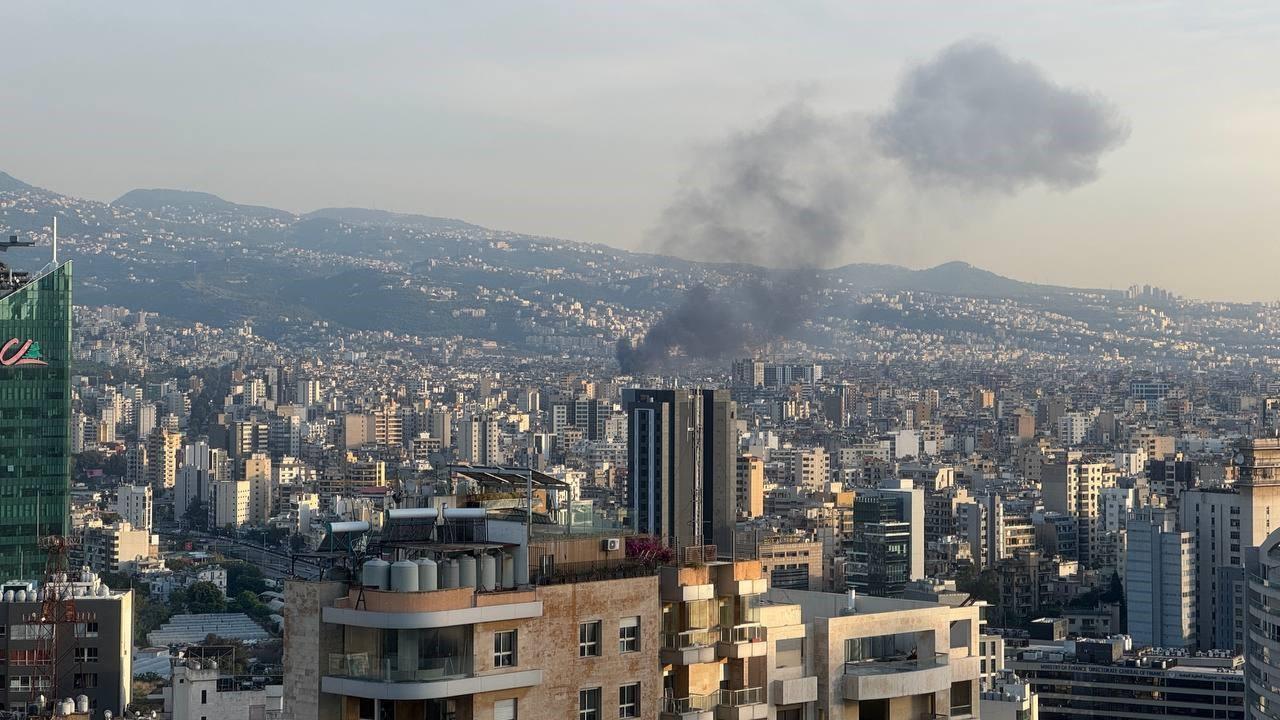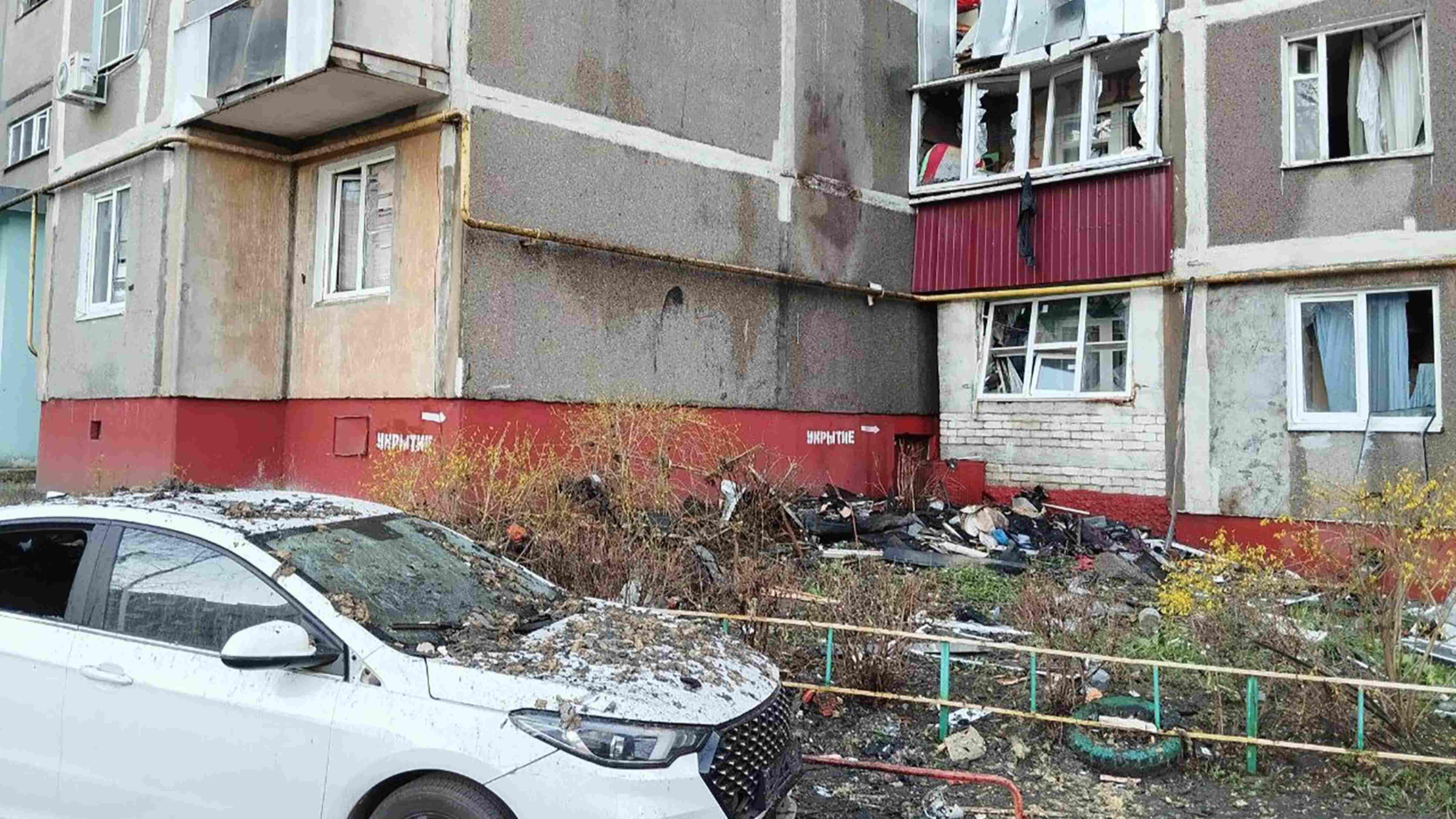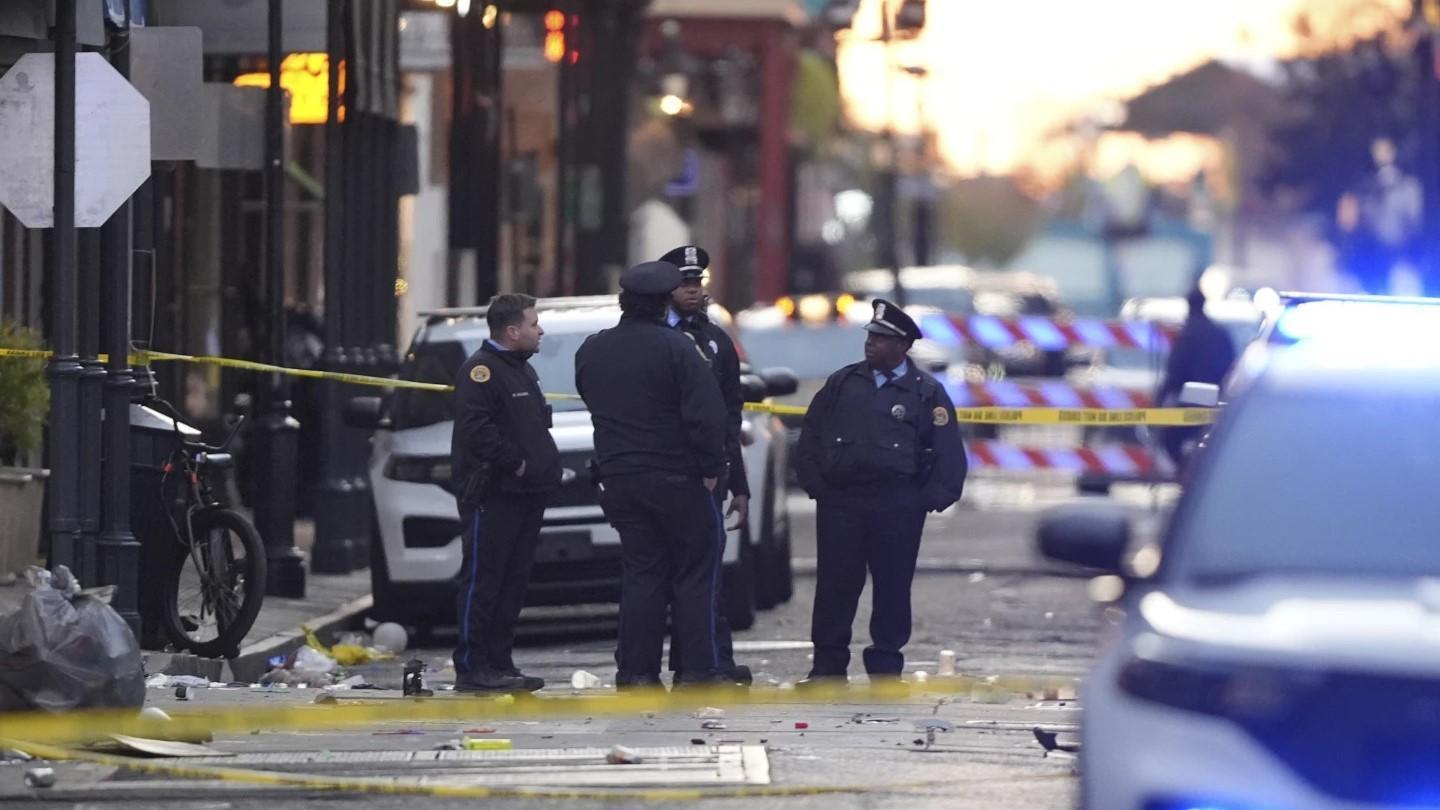Will terror halt May’s slide?
It still feels like yesterday, although it was in the autumn of 1981. I was living in London and had just started to work for the BBC. Margaret Thatcher, the first female British prime minister, already in power since 1979, had given the first signs of her neoliberal policies –later to be infamously known as “Thatcherism”: relentless privatizations, the curbing of unions, cutbacks to the welfare state and extra toughness on the Irish Republican Army (IRA). Jerry Adams, the leader of Sinn Féin since 1983, was then the arch-enemy accused of every single IRA attack. The “Iron Lady” had shown her steely resolve on the Irish problem: “no negotiations with terrorists.” However, the IRA had decided to extend its struggle to London, which made the conflict bloodier. Eventually, until the Belfast Peace Agreement on the Irish conflict in 1998, more than 3,000 people had lost their lives!
That day, I was with my mother on Oxford Street in the commercial heart of London. She was recovering from a serious brain operation which was provided free by the British health system in one of the most-specialized hospitals in the British capital. It was her first day out after an extended rehabilitation treatment.
I was very excited that I was able to get my mother on her feet and having her walk into the Debenham’s famous department store to choose her a new outfit for her new, healthier life. I had picked one particular piece and had led her into a changing room to try it on. Hundreds of women were also squeezing themselves into shop in that historical Victorian store. In a split second the picture of this happy female consumerist mood turned to panic and fear when we were deafened by police alarms and a policewoman pulling the curtain of our changing room wide open, shouting at us to get out immediately. I had to drag my half-dressed mother through crowds of other lady shoppers to reach the exit gates. We had to stand all together on the street pavement outside the store, scared and cold for at least half an hour, until we were told by police officers that “everything is OK and that we could return to our shopping.” It was a “bomb scare,” we were told.
Later on that day we were told that a bomb in an Oxford Street bar nearby had killed the policeman who tried to defuse it. The officer had rushed to the bar after receiving an anonymous call warning that three bombs had been placed in shops on Oxford Street – the other two being the department stores Debenham’s and Bourne’s. And we were terrified to hear that an explosive device was actually found in Debenham’s and made safe. The Provisional IRA had claimed responsibility.
Saturday’s terrorist attack on London Bridge found another female prime minister at the helm of the country during difficult times. Theresa May, following the results of the referendum over Brexit, has been struggling to prove that she is capable of handling major issues like terrorism as well as domestic issues while trying to make the best possible Brexit deal with Brussels.
Ahead of the London Bridge terrorist attack – the third during May’s premiership – the prime minister’s campaign was a near disaster. Unlike Thatcher, who could increase her popularity simply by demonstrating consistency, determination and stubbornness, May gave out the image of a nervous introvert and unsure leader whose competence cannot be trusted with serious matters.
After the death of at least seven people and the high number of wounded in the attack, there have been many calls for the postponement of the June 8 general elections.
The latest voting intention polls on June 4 showed the Conservatives on 42 percent and Labour on 38 percent, giving the Tories a slim lead. This is a slight increase for the government compared to just before the attack. Is terrorism going to trigger people’s reflexes to support the party that favors security and order? Will Brexit play any role at all? Or will unpopular domestic issues, like drastic “caps” on social care outweigh them all? Don’t forget that even Thatcher retained her popularity having to say, against her will, that “the NHS is safe in our hands.”
The worst scenario for May would be a “hung parliament” where no party achieves an absolute majority, just as the country is set to start negotiations for Brexit on June 19.











